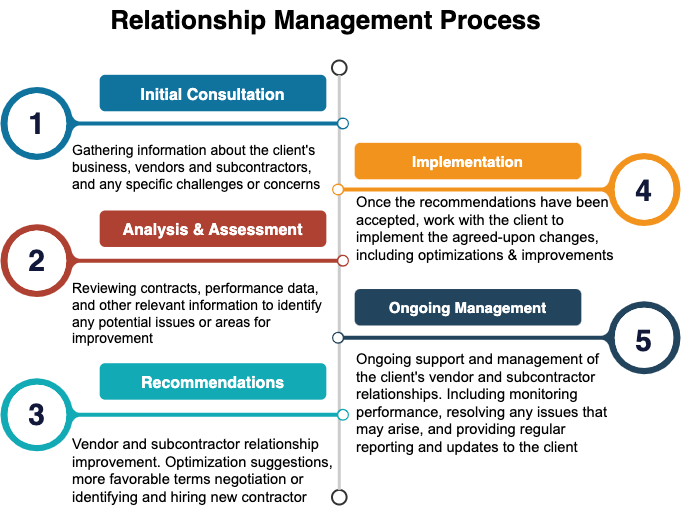Devops
DevOps is a software development method that emphasizes collaboration, communication, and integration between software developers and information technology (IT) professionals. The goal of DevOps is to improve the speed and reliability of software delivery by bringing development and operations teams together, and automating the software delivery process. DevOps typically involves using a combination of tools and practices, such as continuous integration and continuous delivery, to automate and streamline the software delivery process. This can help organizations to quickly and reliably deliver new software features and updates, and improve the overall quality of their software.
DevOps Core Principals:
Collaboration and communication: DevOps encourages collaboration and communication between software developers and IT professionals, with the goal of improving the speed and reliability of software delivery.
Automation: DevOps relies on automation to streamline the software delivery process, from code development and testing to deployment and operations. This helps to reduce mistakes and increase software delivery efficiency.
Continuous integration and delivery: DevOps involves using tools and practices, such as continuous integration and continuous delivery, to automate the software delivery process and quickly deliver new features and updates to users.
Measurement and feedback: DevOps emphasizes the importance of measuring and analyzing key performance indicators (KPIs), and using this data to continuously improve the software delivery process.
Culture: DevOps involves a cultural shift in the way that software is developed and delivered, with an emphasis on collaboration, communication, and continuous improvement.
When To Choose DevOps?
It is a good approach to use in situations where you need to deliver high-quality, working software quickly and efficiently, and where you need to involve the whole team in the development and deployment process.
DevOps is particularly well-suited to projects with complex or uncertain requirements, where the team needs to be flexible and adaptable in order to navigate the complexity and uncertainty. It is also well-suited to projects where collaboration and communication are important, and where the team needs to work closely with stakeholders and customers.
DevOps is not well-suited to projects with well-defined requirements, where the team can deliver high-quality, working software quickly and efficiently using a more structured and disciplined approach, such as Scrum or SAFe®. In these cases, a more traditional approach to development and operations may be more appropriate.
DevOps Methodology pros and cons
Pros:
DevOps encourages collaboration and communication between development and operations teams, which can lead to a more efficient and effective software development process.
DevOps promotes the use of automation and continuous integration, which can help to reduce the time and effort required to release new software.
DevOps emphasizes the importance of monitoring and metrics, which can provide valuable insights into the performance and stability of the software.
DevOps encourages the use of agile and lean principles, which can help to quickly identify and address problems and improve the overall quality of the software.
Cons:
The adoption of DevOps can require a significant cultural shift within an organization, which can be challenging and time-consuming to implement.
DevOps can require a significant investment in tools and technologies, which can be expensive and may not be feasible for all organizations.
DevOps can be difficult to manage, as it involves coordinating the efforts of multiple teams and stakeholders.
DevOps can be complex, especially for organizations with large and legacy systems, which can make it difficult to implement and maintain.
People Also Viewed










